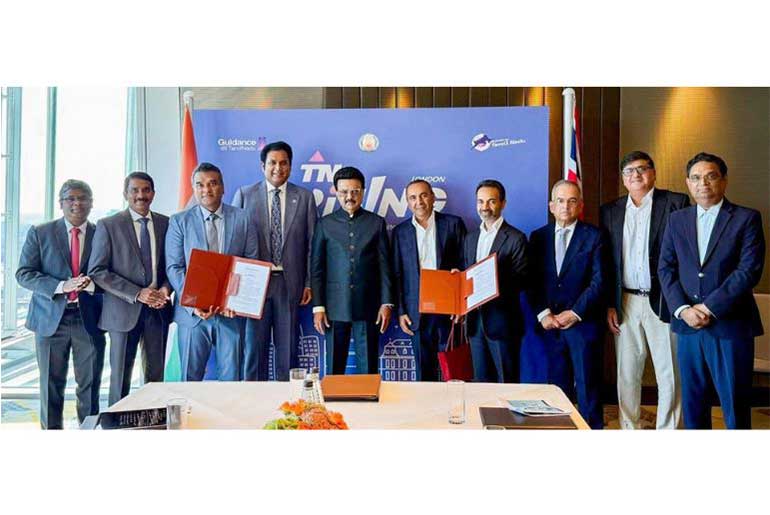M.K. Stalin, Chief Minister of Tamil Nadu, announced that Hinduja Group will invest 7500 crore in the state to develop advanced battery storage systems to contribute to the electric vehicle (EV) ecosystem in a massive contribution. The announcement that was made on the trip of the CM to the United Kingdom shows significant achievement in the process of green industrial development and creation of employment in Tamil Nadu.
It is projected to create over 1,000 highly skilled employment opportunities and be part of a larger research initiative called the TN Rising, an international outreach program and an effort to bring in foreign investments. The campaign, which has targeted both the UK and Germany, has already won 15,516 crore worth of investment proposals, which will have a projected 17,613 jobs in the sectors.
Already in the EV and battery production domain
The Hinduja Group, with its Ashok Leyland, has been operating in that area. In the same way, earlier this month, Ashok Leyland joined into a strategic alliance with CALB Group of China and invested more than 5,000 crores in battery localization in India. The new 7500 cr offer is based on that momentum and broadens the group presence in the new EV and energy storage ecosystem of Tamil Nadu.
CM Stalin also led the signing of six important MoUs with world institutions and businesses as part of his London engagements. They are investments and partnerships with Wilson Power (300 crore), Britannia RFID (520 crore), the University of Exeter, France-based Ecole Intuit Lab, and Rolls-Royce aerospace giant (Lloyds List Intelligence). It is presumed that these agreements will improve the state capabilities in renewable energy, maritime logistics, aerospace manufacturing and creative education.
Hinduja investment is a complement to new EV-related activity in the state. In April 2024, Vietnamese EV manufacturer VinFast started construction of its 4,000-crore EV plant in Thoothukudi, which would again place Tamil Nadu in the spotlight of EV manufacturing in India.
CM Stalin framed these developments as indicative of the success of the Dravidian Model in ensuring an inclusive and sustainable development of the industrial growth. As Tamil Nadu has a robust policy platform and strategic global alliances, it has remained a destination of choice for future-oriented mobility, clean energy, and manufacturing investments.
The battery infrastructure and supply chains that are local would be a significant development that defines the future of sustainable transport in India as the state proceeds with the electric transition.



